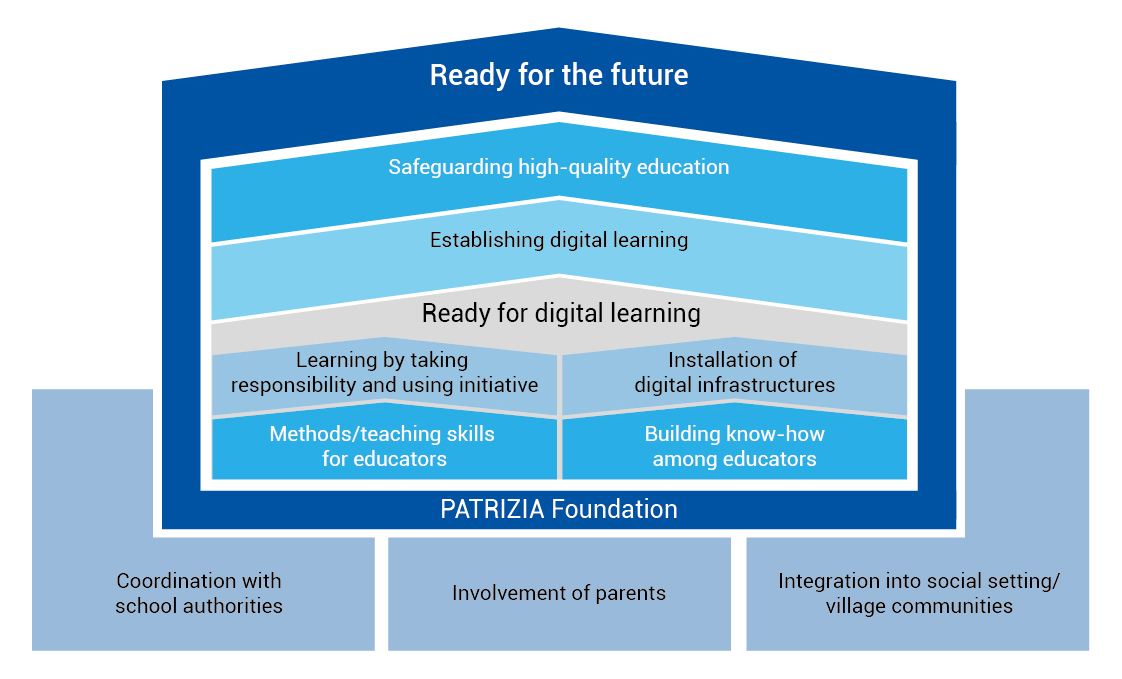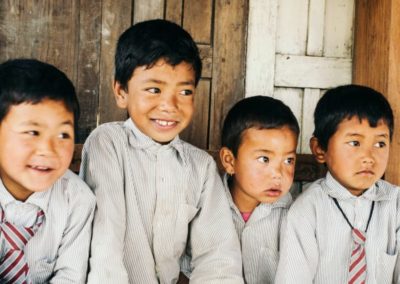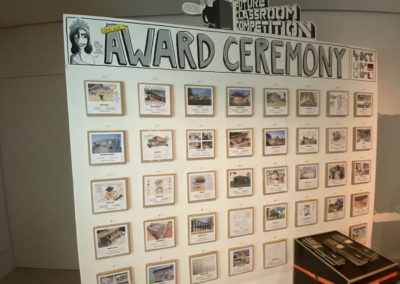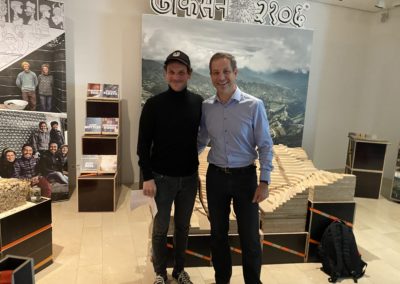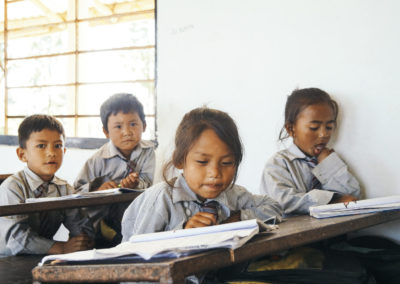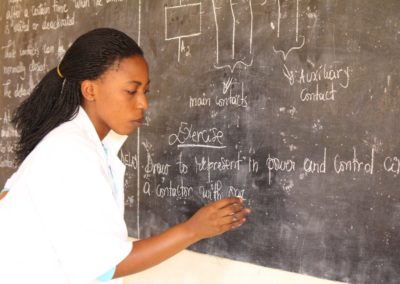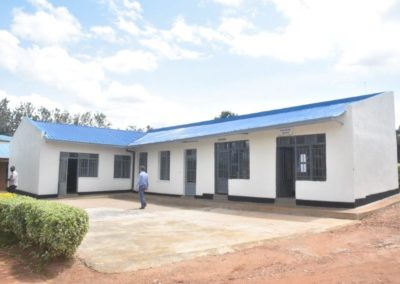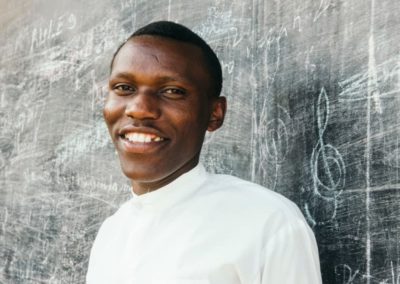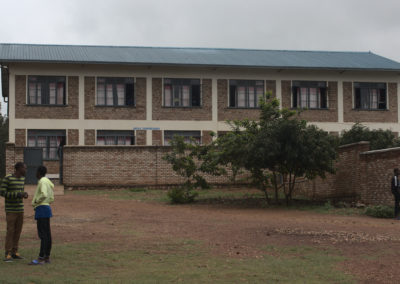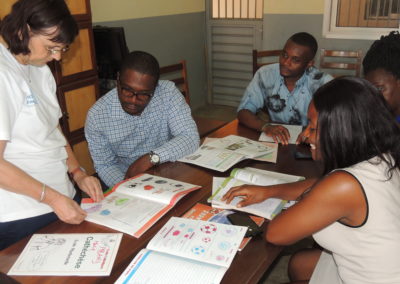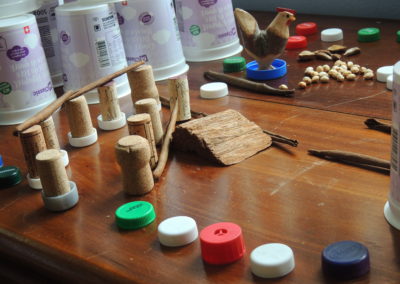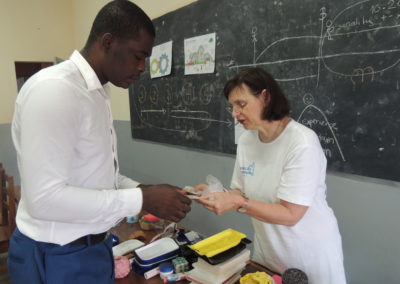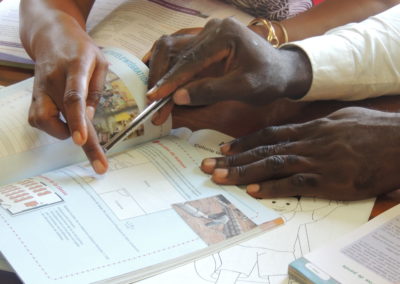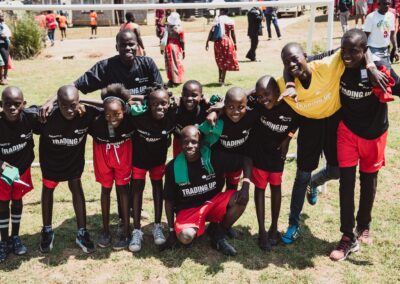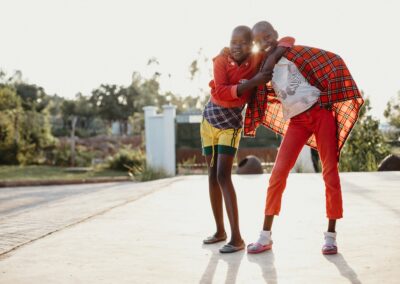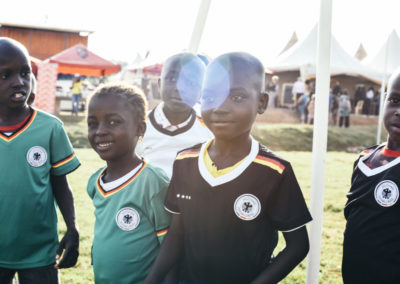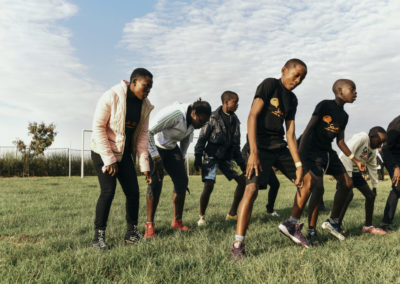Ready for the future
The global coronavirus pandemic has exacerbated the educational disadvantages of many children and young people. Children often fall behind in developmental terms and have learning difficulties during periods of crisis. The situation is overwhelming for children and teachers alike. Due to long school closures, children were (and in some cases still are) cut off from the classroom.
Together with our project partners, we are tackling this issue with determination. We are preparing schools for digitization on the basis of a step-by-step model.
A concept to sustainably enhancing the quality of education
In addition to the challenges already mentioned, it is evident that even in countries with existing digital infrastructures, distance learning and the use of digital learning platforms do not work in many places.Given this situation, the PATRIZIA Foundation launched a digitalisation initiative to make it possible to offer lessons even in times of crisis. But of course it’s not enough to simply provide digital infrastructures; in the process, schoolchildren and teachers also need to be shown how to apply digital media and learning methods. This is where our project currently stands in three pilot countries: Cameroon, Nepal and Rwanda. In all three countries we are implementing our ‘ready for the future’ concept. Later on down the line the concept will be used in as many places as possible at PATRIZIA Foundation KinderHaus facilities.
Essence of Learning (EoL) methods – a basis for digital learning
The foundation has developed an adaptable concept for implementing the projects. This concept is based on a teaching method developed by Beatrice Rutishauser Ramm: Essence of Learning (EoL). The idea is that learning should focus in a simple and extremely efficient way on the children. The EoL method revolves closely around the natural laws of child development, helping children to enjoy themselves and become actively involved while they learn. This self-sufficient approach to taking personal responsibility as you learn is a basic prerequisite for making good use of digital learning options.
Technical infrastructure – a major challenge
Other important elements of the project, over and above the EoL method, are how to integrate digital components into the existing curriculum and the gradual roll-out of technical infrastructure. Unfortunately, in many cases it cannot be guaranteed that schools will have reliable electricity supplies or internet access. Because the situation is different at each school, a way had to be found to make it possible to introduce digital learning in all locations – even under difficult circumstances.
One key to this is Raspberry Pi, a mini-computer the size of a credit card that is highly affordable and easy to connect to any available peripherals. Another key is the Remote Area Community Hotspot for Education and Learning (RACHEL), an education server that provides access to open-source digital teaching materials.Because it works offline, it can be used without internet
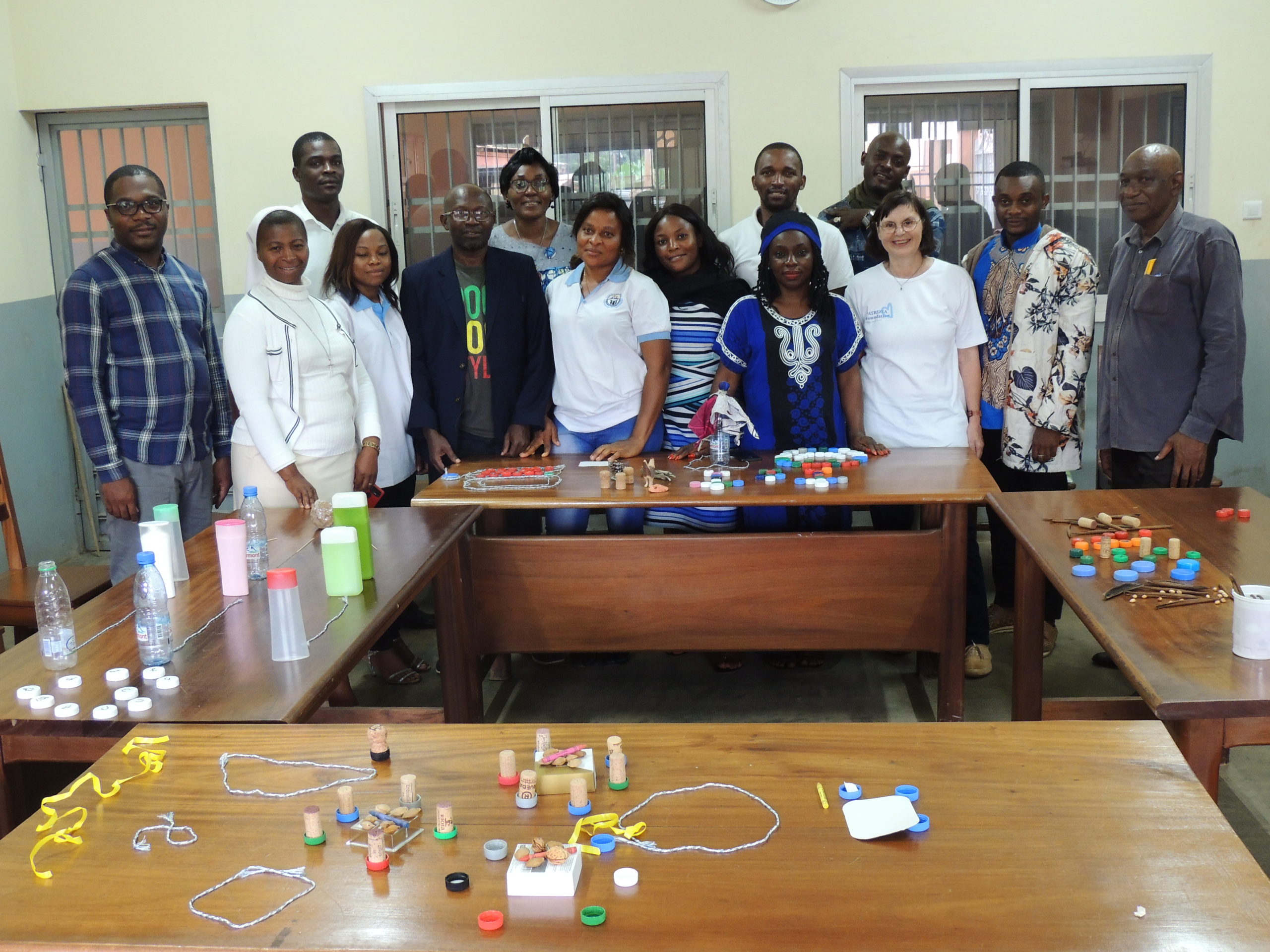
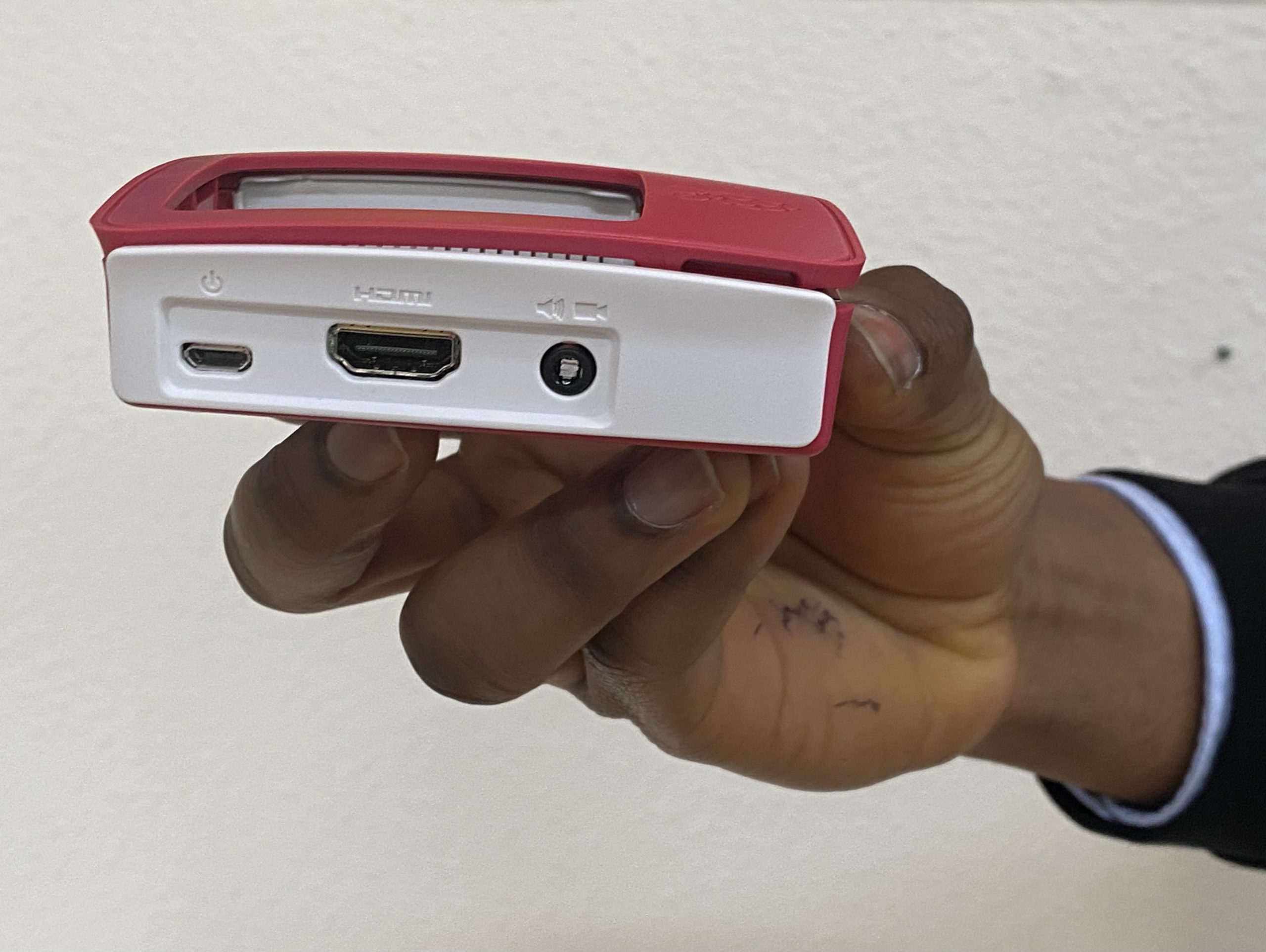
access, offering a good basis for integrating digital learning into everyday school life at virtually any location in the world. It can also be adapted to individual conditions.
Contributions to the education goals of SDG4
The new setup will make it possible to equip all PATRIZIA KinderHaus facilities with digital solutions, even in remote areas. This will give children and young people every opportunity to access a wealth of knowledge. At the same time, they can familiarise themselves with formats of technology that were previously considered inaccessible in many places. Teachers can prepare lessons in completely new ways and even archive materials they create themselves and make them available to others. In future, this leap forward in technology will make a significant contribution to achieving SDG4, the UN’s sustainable education goal aimed at ensuring quality education.
Nepal
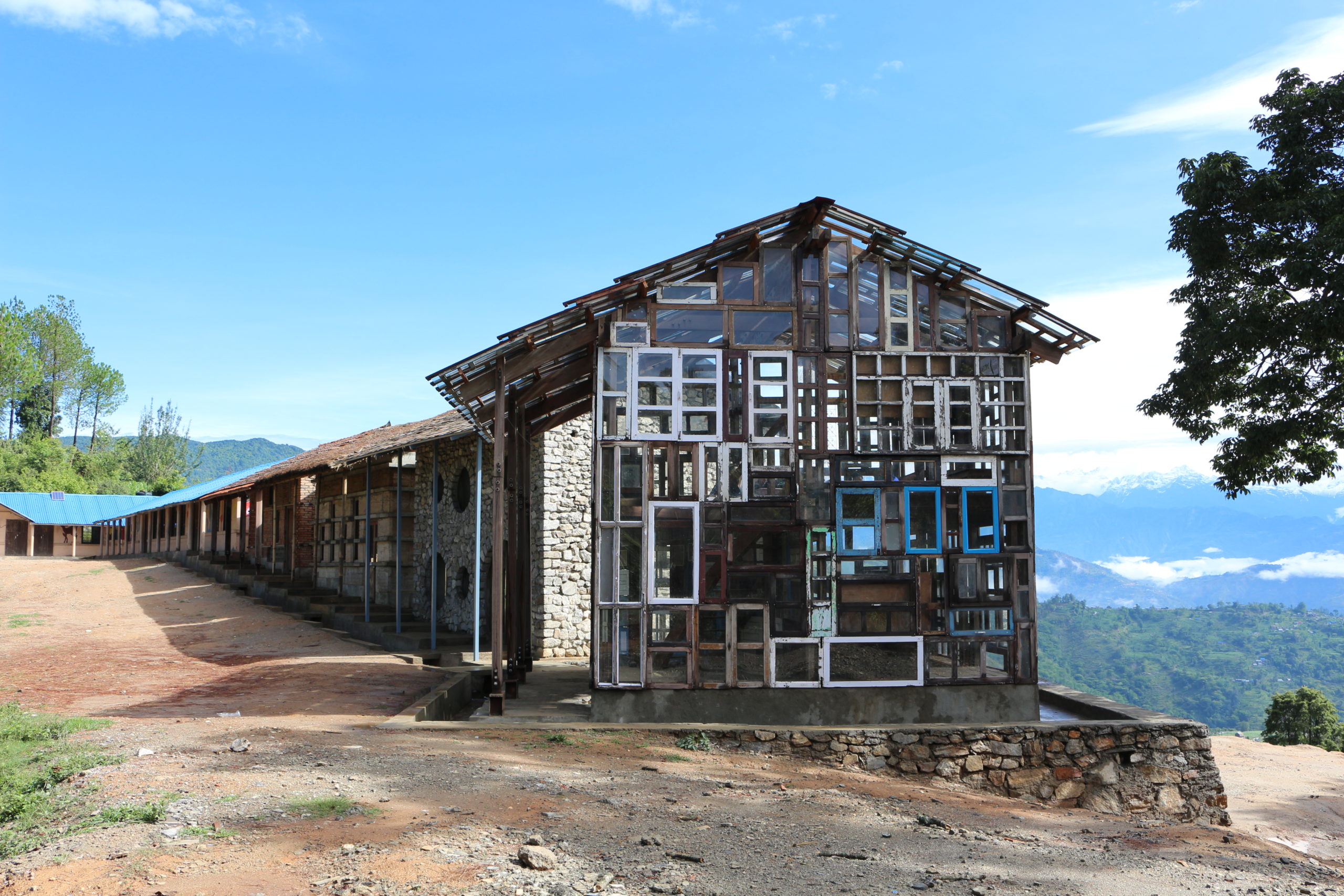
PATRIZIA School Dhoksan is located in Nepal at the foot of the Himalayas. The region was severely affected by the earthquake in 2015, and the PATRIZIA Foundation has been helping to rebuild and extend the school. Working alongside our partner, Supertecture, we are currently implementing an innovative digital technology project. The remote mountain village is the venue for one of our beacon projects, which will result in the school community being connected to the world of digital technology.
To kick off our project in Nepal, an architecture competition was organised to design the ‘Future Classroom’.
All 13 architecture faculties in Nepal participated in the contest, and in total the students submitted 71 creative proposals. During the next phase of the project, the finalists will work together to come up with a design for the Future Classroom.
Rwanda
PATRIZIA Vocational Training Center Ntaramais a vocational college supporting roughly 225 young people as they take their first steps into working life. Two obstacles when it comes to regular internet access are the technical infrastructure and budgets. It will also be important to address another challenge, which will be to teach inexperienced users about the dangers posed by the internet and show them how to use digital media responsibly.
Having already taken the initiative, the apprentices now have a computer room which they share with teachers. The next step will be to equip the centre with furniture and digital devices.
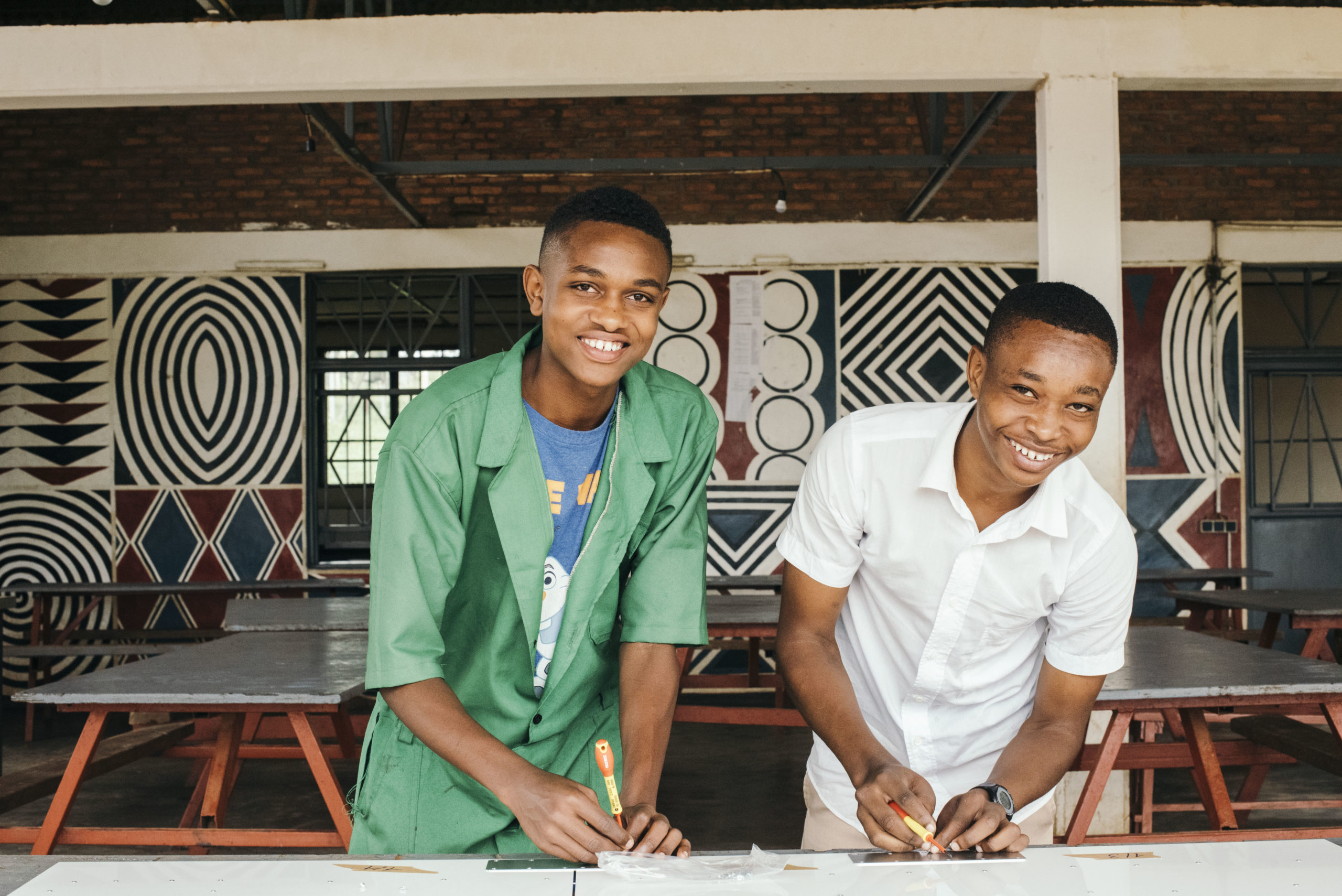
Overall, the students need 40 laptops, projectors, printers, tables and chairs. This will not only benefit students in the future, it will also make it easier for teachers to prepare lessons by using online teaching materials and videos. The project will also enable the school to forge networks and exchange ideas on careers and technical issues with schools in other countries.
Cameroon
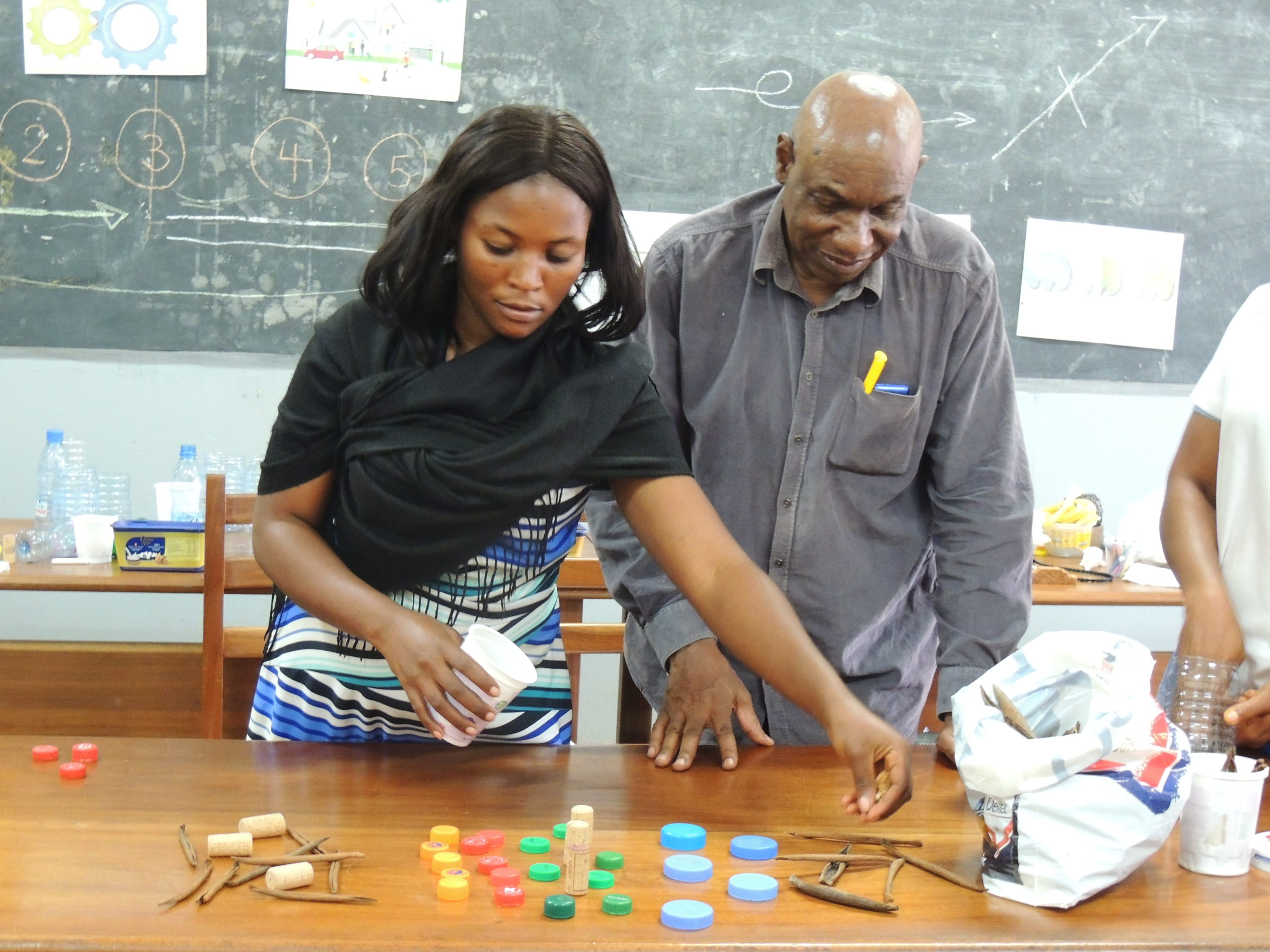
PATRIZIA School Yaoundé is currently attended by around 600 children up to secondary level. Although teaching staff have had very little prior exposure to digital education, the school is keen to become a model school for Cameroon and show students the way forward in digital technology. A course called ready for digital learning has already been organised with teachers to explain Essence of Learning (EoL) methods, also based on different aspects of blended learning. The training has acted as a catalyst on a number of fronts. For example, the school would like to reorganise itself to support quality education based on SDG4.
Kenya
A digitalisation project is also scheduled to start at the PATRIZIA Vocational Training Center Alego in Kenya in 2022. In cooperation with the local partner, the Sauti Kuu Foundation, all schools in the catchment area of the training centre are to participate in the Ready for the Future training. A multiplier training is planned so that the quality of teaching at all schools will improve in the long term. In addition to regular school lessons, the young people can improve their IT skills at the Training Centre in Alego. They are supported and accompanied by the centre’s pedagogical experts. PATRIZIA Foundation experts offer webinars and coaching for the teachers throughout the project.
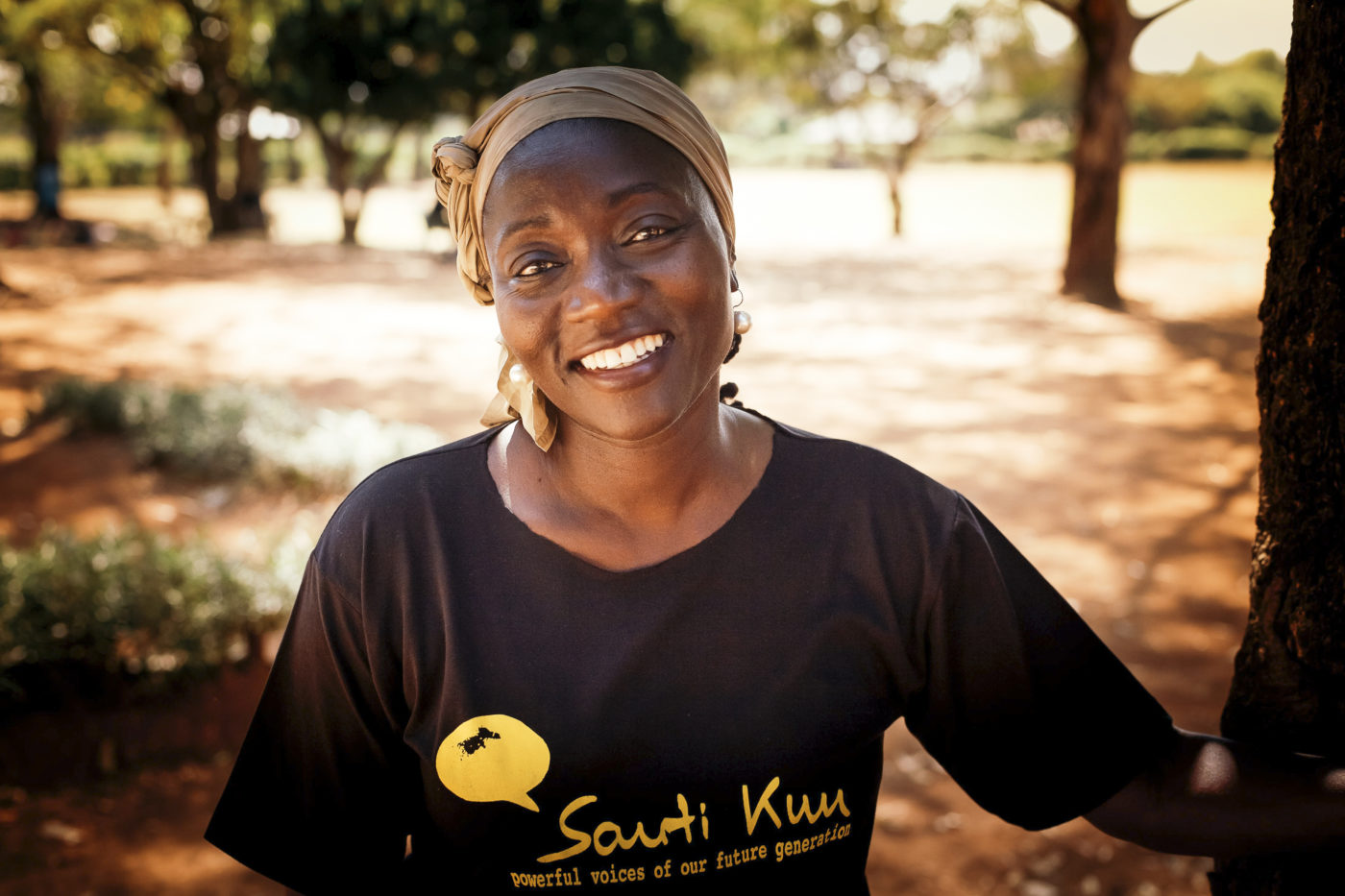
South Africa
Together with the local partner in South Africa, the Thembalitsha Foundation, the PATRIZIA Foundation will implement the digital classroom project with the School of Hope in Cape Town. The school gives socially deprived and disadvantaged young people a second chance at education. It offers space for around 170 students from eighth to twelfth grade. The individual care in small classes and a trusting learning environment, as well as a family-like environment, help them to successfully complete school.
school successfully. The School of Hope is a showcase project in the region and an optimal complement to the state school system. Many young mothers have also completed their schooling there in a second attempt. The implementation of the digital learning project is scheduled to start in 2022 with Ready for the Future training for teachers and the provision of digital infrastructure.
Three projects – one goal
The very different conditions affecting the three projects show the broad spectrum of requirements that need to be addressed by the PATRIZIA Foundation. The projects will allow us to continue gathering the necessary experience as we go along. Afterwards, we will be in a position to work efficiently and ensure all of our educational establishments enjoy access to high-quality education – including digital options.

